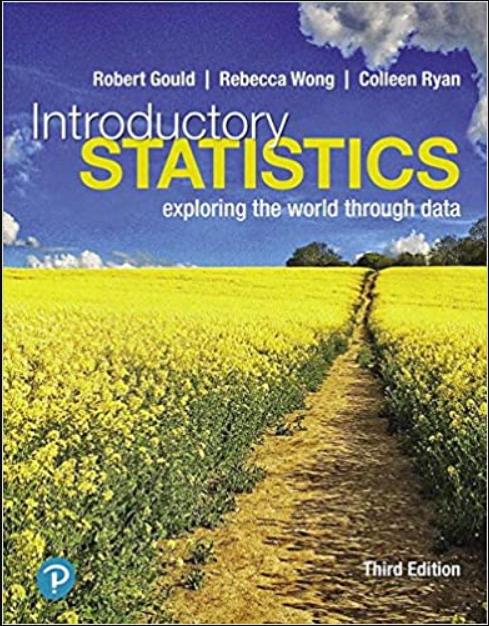In a 2017 study published in the journal Food Quality and Preference, researchers investigated the effect of
Question:
In a 2017 study published in the journal Food Quality and Preference, researchers investigated the effect of drinking tea on divergent creativity (Huang et al. 2017). Subjects were recruited from a campus Bulletin Board System and were paid a small stipend for their participation. Subjects were randomly assigned to be served either tea or water during the “greeting period” of the experiment. During the greeting period subjects filled out a background questionnaire so they were unaware that beverage was a key component in the study. Subjects were then told to build the most “attractive” building possible in a limited amount of time using a set of blocks. Independent observers then gave each building a creativity score. Read excerpts from the study results and answer the following questions.
Results: A general linear model analysis showed that the creativity scores of the block buildings for the tea group (mean = 6.54, SD = 0.92) were significantly higher than those for the water group (mean = 6.03, SD = 0.94) after controlling for gender and volume consumed (p = 0.023).
a. Identify the treatment variable and the response variable.
b. Was this a controlled experiment or an observational study? Explain.
c. Can you conclude from that drinking tea leads to improved creativity? Why or why not?
Step by Step Answer:

Introductory Statistics Exploring The World Through Data
ISBN: 9780135163146
3rd Edition
Authors: Robert Gould, Rebecca Wong, Colleen N. Ryan





